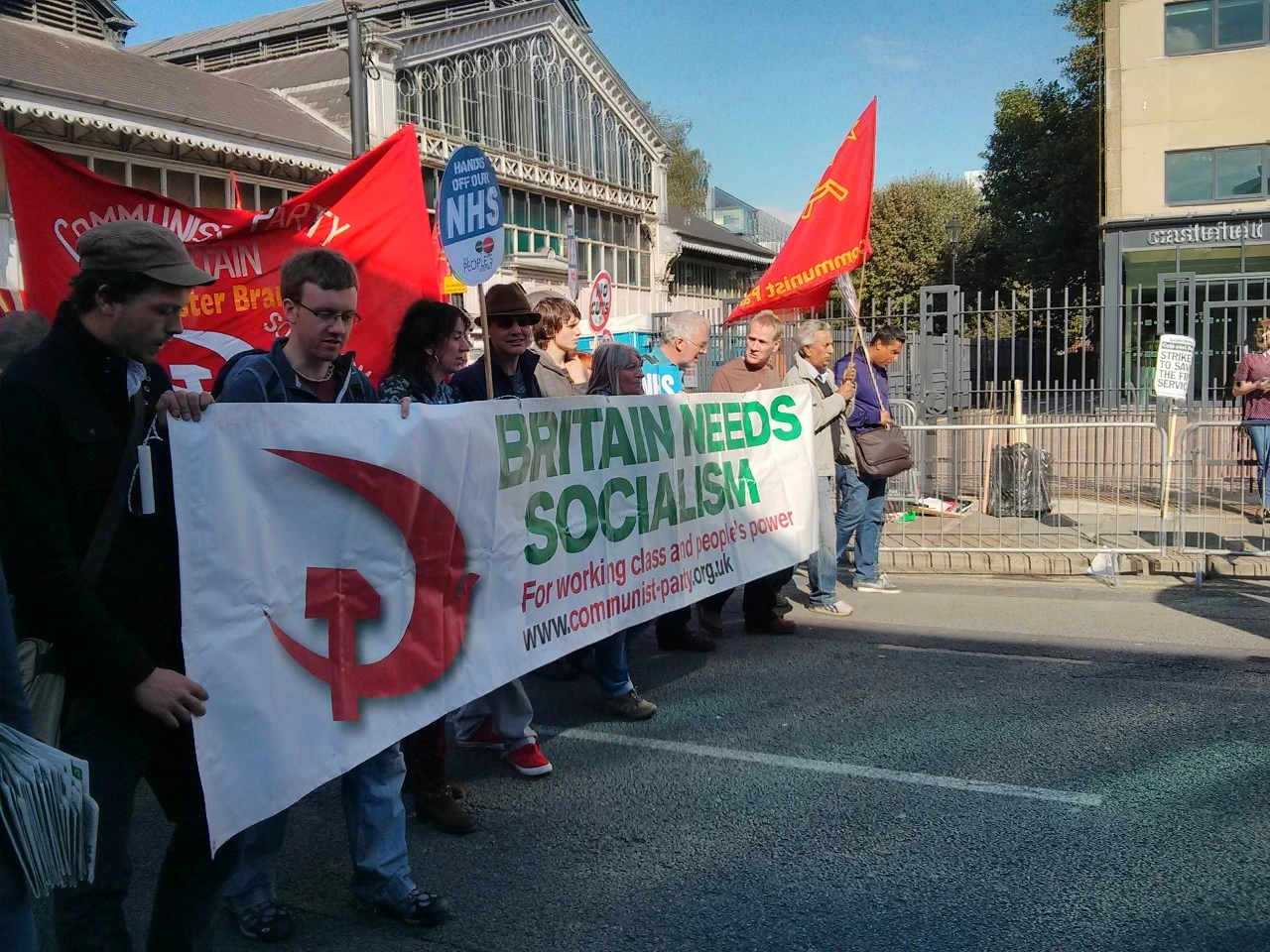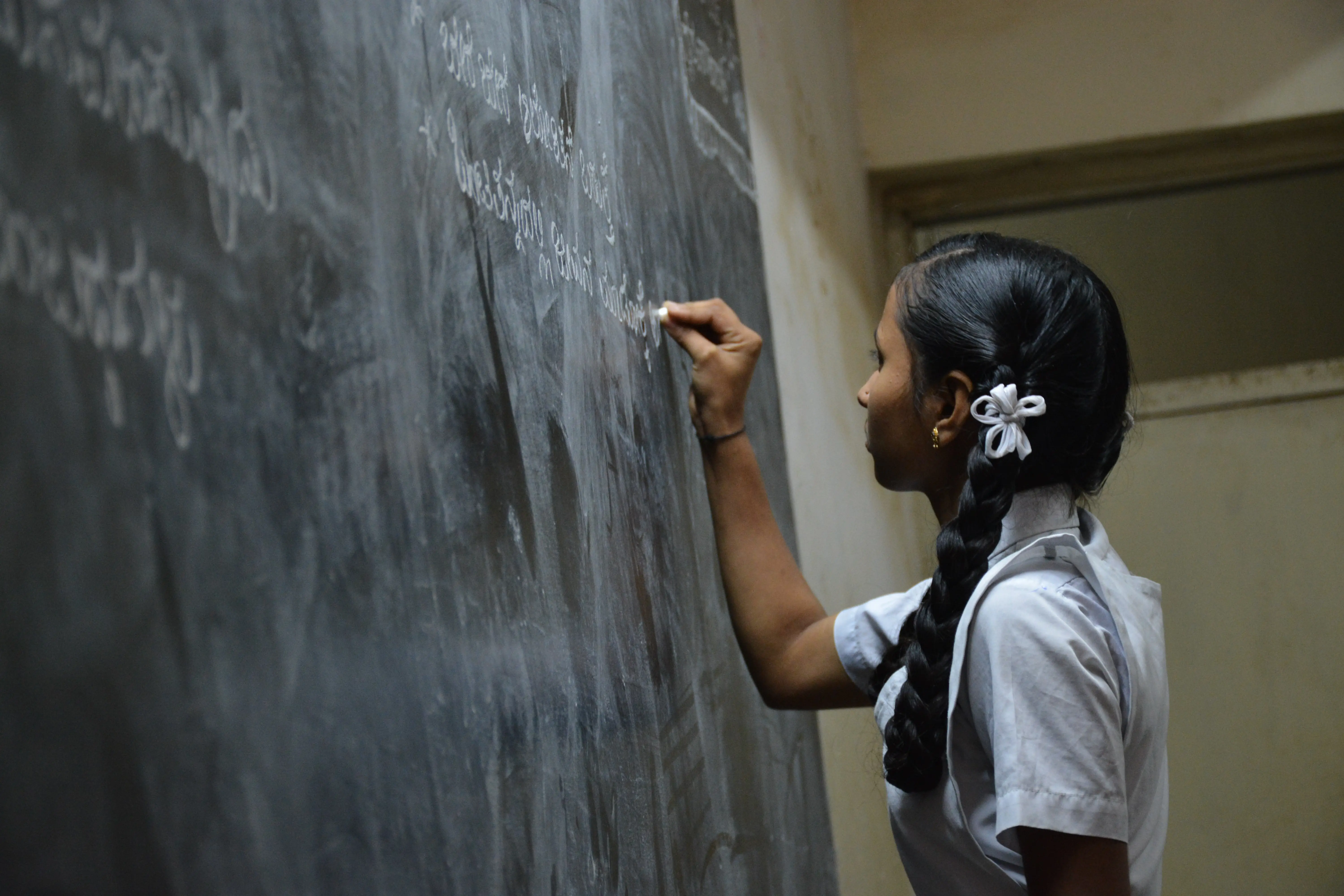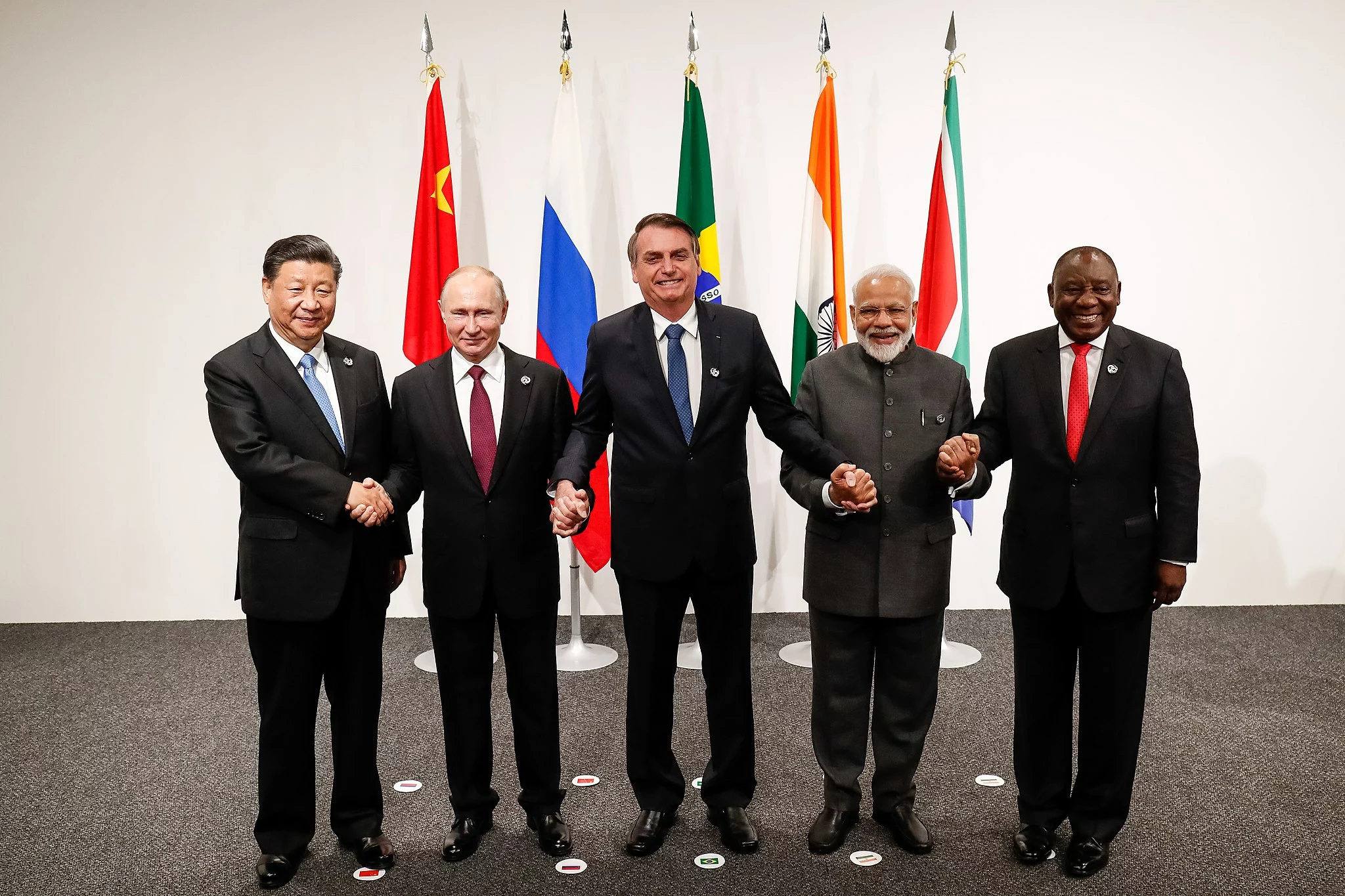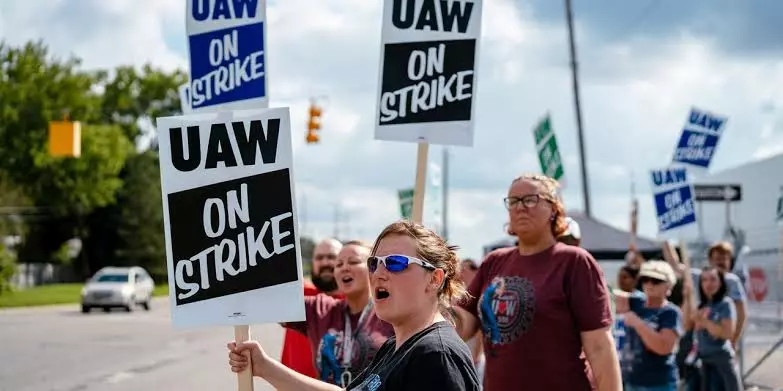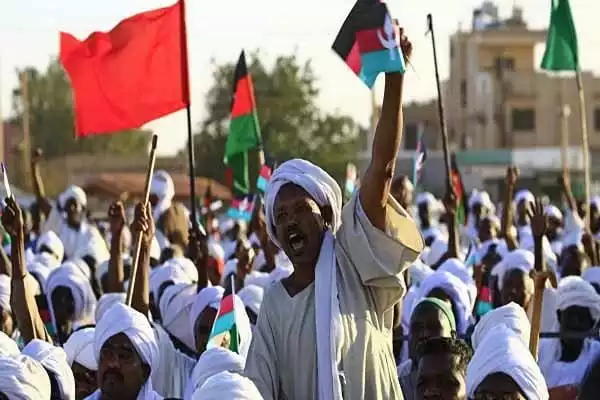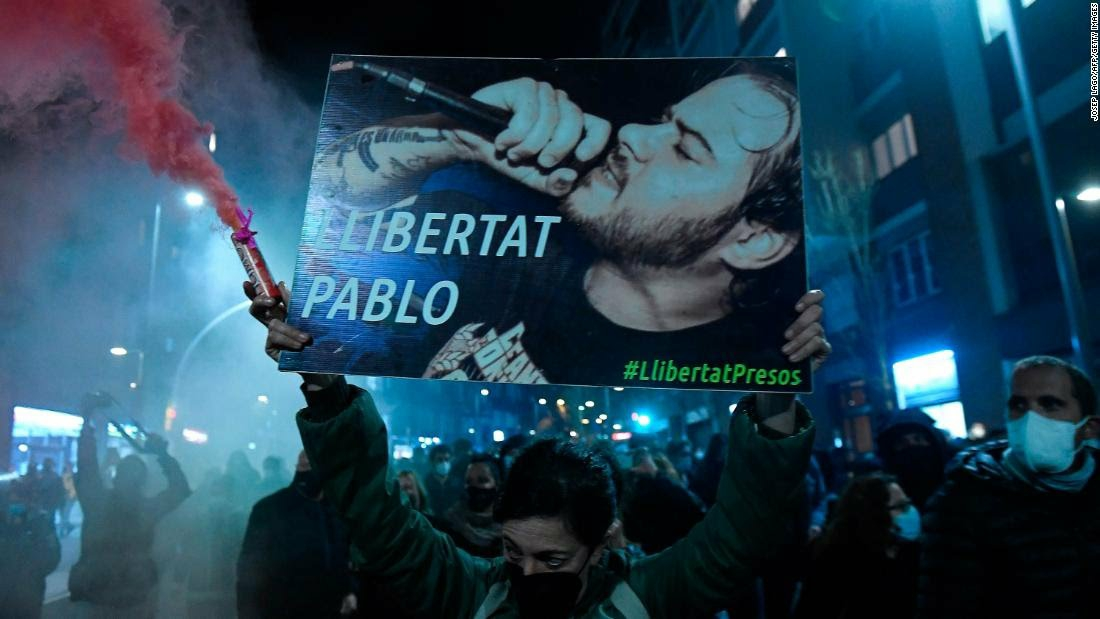Robert Griffiths is the General Secretary of the Communist Party of Britain (CPB)
Denis Rogatyuk is the international director of El Ciudadano media platform.
Denis: So here we are with Robert Griffiths, the General Secretary of the Communist Party of Britain.
Would you say that the Communist Party is now going through rejuvenation and rebirth amidst the political scene of Britain?
Rob: I think that's a reasonably fair assessment. We had a major struggle against revisionism in the late 1970s, but into the 1980s, and we had to re-establish the party in 1988.
And it's been a long, hard battle and a lot of hard work to re-establish the party, not just in name, but in practice as a party was an organizational capacity with a campaigning capacity. A party that would begin to rebuild our influence in the trade union movement, the peace movement, progressive movements. And that really took up a lot of our effort.
We certainly consolidated the position. Then, of course, the role that we played in the campaign against the Iraq war led to a quite a sharp upturn in recruitment for a year or two. But then I'm afraid the demographic factors of comrades aging from the reestablishment process onwards meant that we continue to lose a lot of members at one end of the age scale without really replacing them all at the younger end of the age scale.
That's changed in the last four or five years. The Young Communist League, of course, is aligned with the party and supported by the party. The Young Communist League has really built itself through its own efforts, through its bold campaign in activity and initiatives and many of those comrades either joined our party at the same time or they joined our party soon afterwards.
So you're right, there's been a big demographic change over quite a short period of time that was reflected in the Congress. Many more young delegates, more young delegates elected onto our executive committee, and more women though not as many as we want.
That's begun to change because of the positions we've taken on a number of key issues. We're about to have a process of enrolling the members of the Association of Indian Communists in Britain. That's an organization that is affiliated to the Communist Party of India, a Marxist. So in that process, we've now finalized that at this Congress that's going to have a big impact on the ethnic composition of the party.
You know, we've been a bit too white and a bit too male and a bit too elderly for quite a long time. And all of those factors are beginning to change quite significantly. So, you know, in that way, it's been a very, very encouraging process. This kind of rejuvenation also tells you something about the way the society in Britain is that a lot more people, especially young people, are also becoming interested in actually being becoming revolutionaries.
Labour lost about 5 million votes between 1997 and 2010. We then had the Tory Lib Dem coalition, then a majority Tory government. And of course it means that ever since that end of the first term of the Labour government in 1997, things have got worse for the masses of ordinary people. We've had a period of severe austerity.
Our underlying housing crisis has now really come to the fore. Many young people have almost given up any hope of ever having a house or a nice apartment of their own and so on. So we've always had unemployment higher than it ever used to be when I was quite a lot younger. Mass unemployment has never really gone away.
Now that is returning. And then, of course, we have the extra costs of COVID and the total callous ineptitude of the British government to deal with it. They were prepared to sacrifice old people's lives in order to help companies maintain their profits. Everybody's been hit with a huge cost of living crisis, a cost of profits crisis as far as we're concerned, and people are just not able to afford some of the most basic things in life the housing, rent and housing, mortgages, their energy bills, their food bills.
Things are getting worse for many millions more people, and it's quite obvious that Labor has no intention of changing that very much at all should they win the next general election. So all of these factors mean that many people simply become demoralized, turned off. Establishment politics gave up any hope that anything better might come along. But other people want to fight back.
They believe, well, surely there must be an alternative. Surely our society can do better than this. And then, of course, we've got the international crisis. We've got the climate chaos. We too, are getting some of these storms that are ravaging Europe, but, of course, have done even more damage in some of the poorest parts of the world. So all these big issues and the wars that are breaking out, who's got the answers?
I think quite a lot of people who want to try and change things are asking that question, Who's got the answers? All that we could say is that when we have an opportunity to put our ideas in front of people, quite a lot of people respond very positively.
And some are surprised because they, say, Òwell, I never thought I'd agree with the Communist Party so much. And so this is helping with our recruitment, but we haven't had the big breakthrough yet. But we've been looking in the right direction and we're certainly very, very active, increasingly active in some of the mass campaigns going on.
And communists are in prominent positions in some of the campaigns, many of the campaigns that are taking place.
Denis: Certainly, I spoke with Alex Gordon, and it's very it's been very impressive. You mentioned the very important topic that I wanted to discuss, the importance of the, the international conflicts around, especially conflicts in Ukraine and now the Israeli invasion and bombardment and massacre in Gaza and the rest of occupied Palestine.
I guess my question in that regard is how should you know, how should the industrial movement in a country like Britain respond to this sort of crisis? And also what does the Communist Party encourage people to do?
Rob: Well, we first of all, we have to we have to recognize the factors that we confront in Britain.
In one of the world's oldest imperialist countries, imperialist ideas have been well entrenched through the generations. That's not to say a lot of people don't question them and even reject them, that they remain quite a powerful factor that we have to take into account. Nevertheless, I think our party has always had a proud record in opposing imperialism and in particular opposing British imperialism.
And many of the parties who visited us from other parts of the world, you know, have paid tribute to the role of the Communist Party in Britain in helping people around the world in the struggles for national liberation and social justice. So nevertheless, British imperialism is still alive, it's still kicking economically. It's still one of the world's leading imperialist countries.
And therefore part of our anti-imperialism was to oppose the Cold War. To stand in solidarity with the Soviet Union and the socialist countries and the national liberation movements around the world and amongst other things, to oppose NATO. We've always been completely opposed to NATO from the beginning, founded on the big lie that the Soviet Union, even though it suffered 27 million dead and the destruction of thousands of towns, cities and villages, the idea that the Soviet Union was about to invade Western Europe.

Laughable when we look back on that, of course, but many people believed that. But we've never accepted the big lie on which later was founded. We've opposed the expansion of NATO. We recognize, for example, that the expansion eastwards of NATO in hand-in-hand with the with the European Union, which is also developed to a pro NATO military dimension.
We've opposed all of that as being confrontational, as risking good relations and threatening peace. And therefore we've opposed every move east of NATO and the European Union. We also understand that a whole number of provocations have been staged in terms of supporting the Maidan coup that overthrew the democratically elected president in Ukraine in 2014. We oppose that, of course.
We've opposed the treatment of the eastern parts of Ukraine, the discrimination and in the end, the military attack on them. And therefore, you know, we understand why the Russian Federation should have felt that they were being slowly encircled and that NATO was moving closer and closer to the borders of the Russian Federation. That's said, we did believe that the military attack on Ukraine in February 2022 was an escalation that has worsened the situation for all of the people involved.
And it's an escalation that, again, in our estimation, respectfully to our Russian comrades, but in our view, have played into the hands of the warmongering elements, especially the leadership of NATO's Stoltenberg and von der Leyen and the European Union.
I think they've welcomed this military conflict in Ukraine. They've poured weapons in to prolong it. They've undermined every effort to try and get a ceasefire and peace talks started. Nevertheless, we do take the position that we call for the supply of arms to stop. We say no more logs should be thrown onto onto the funeral pyre.

We've called for a ceasefire. A ceasefire and the urgent need for negotiations, internationally brokered negotiations to produce a settlement that recognizes the sovereignty of Ukraine, the pre 2014 sovereignty of Ukraine, whilst also believing that any peaceful settlement, if it's going to be permanent, if it's going to give Russia the security that Russia is entitled to, that it must be a neutral Ukraine outside of the European Union as well. There obviously has to be an internal settlement in Ukraine that respects autonomy for the Eastern people's republics. This, I believe, is very similar to China's position. A number of other progressive governments and left governments around the world also take this position. That would be the one that we would take.
We saw that Russia's invasion has not contributed at all to resolving the issues. I'm not talking about Crimea. Crimea is simply being returned to Russia with the popular support of its citizens. But in terms that the invasion and occupation and in particular the military attack on towns and cities in other parts of the Ukraine, in which inevitably they were going to be quite substantial civilian casualties.
That doesn't mean to say that the settlement is impossible. I think in the end that will probably be the only feasible, sustainable, stable outcome. In the meantime, many people, Russian and Ukrainian, are losing their lives.
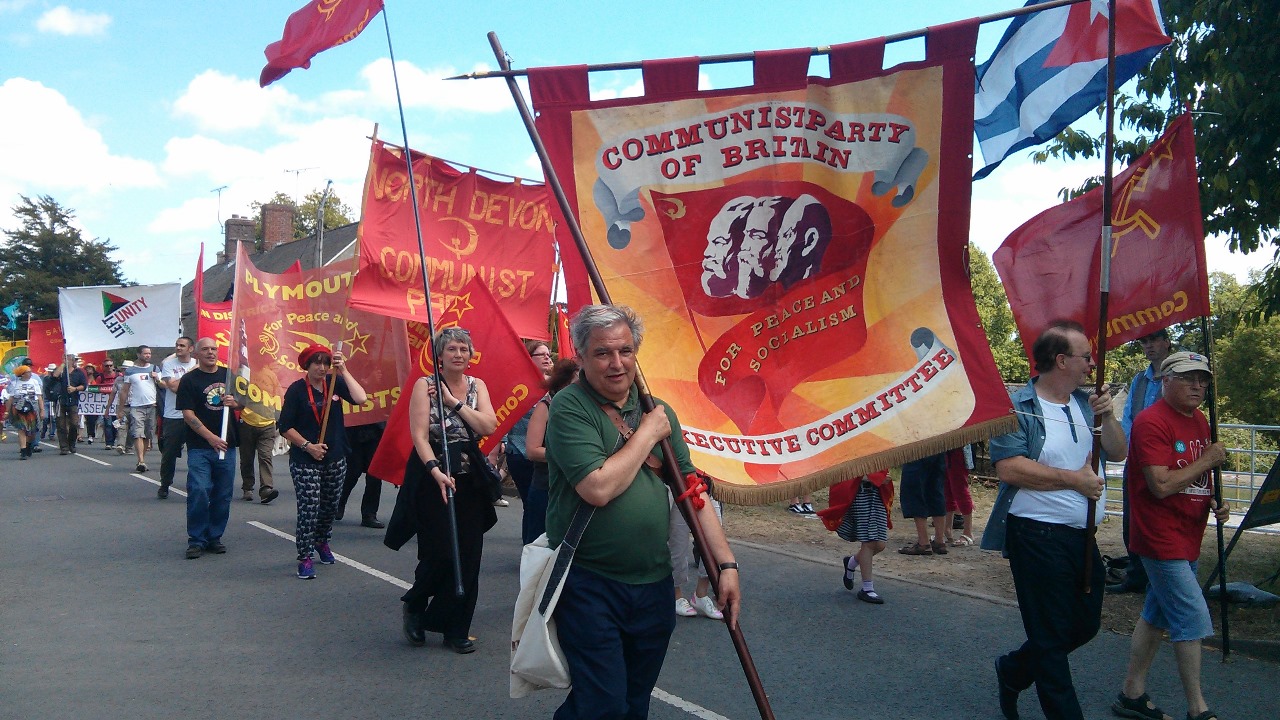
Denis: Could you comment on the Palestine conflict?
Rob: There's a long history to this. It was in many ways quite a complex situation and our party had some difficulty in finding its way through it and taking clear positions. But we've certainly been against all of the Israeli expansionist militarist policies since 1956 when it took advantage of the Anglo-French invasion of Egypt.
Then in 67, we absolutely opposed the Israeli occupation of Gaza and the West Bank. That's remained our staunch position that Palestine must have a sovereign, independent state of its own with its capital in East Jerusalem, and that must be internationally guaranteed alongside the state of Israel within its pre 1967 borders. I know there are arguments from some of our friends and allies for a single state solution, but in our assessment, the only realistic prospect of a single state solution would be exactly the kind of single state that would be an even bigger disaster for the Palestinians.
It would be a greater Israel with direct and total control by Israel over the West Bank and Gaza and with the Palestinian people finding themselves driven out of those territories or driven into very small corners of them. So as I say, we do continue to call for a two state solution.
But the immediate priority now is a ceasefire. Certainly Israel's response to October the seventh has been out of all proportion. We don't support attacks, military attacks on civilians. But the deliberate targeting of civilians, in our view, is completely unacceptable and has nothing to do with the traditions of communism.
So we did not agree with October the seventh Hamas attack. And again, in some ways already it's proved to be a disaster. Though I know Israel is primarily responsible for this, of course, but the overall position is that it's been a disaster, a catastrophe for millions of Palestinian people. And I would imagine that Netanyahu is probably a bit like those NATO chiefs and so on who celebrating who celebrating the consequences of that attack.
It's given him, the opportunity to move into Gaza and to kill more than 30,000 Palestinian people in the process. That clearly means nothing to the Israeli government. And of course, they've enlisted the support of the Western imperialist countries. However, that support is clearly not shared by many, many people in this country. The upsurge of solidarity with the Palestinian people has been tremendous.
To see around the world, I don't think we would have expected necessarily such an upsurge in Britain. I think some of the tactics used by some sections of the Palestine Liberation Movement in the sixties and seventies did alienate a lot of people. A lot of people just turned away from a cause that they associate it fairly or unfairly with terrorism.
And of course, the mass media helped to make that association total. So there's not a great tradition of solidarity with the Palestinian people, unlike, for example, solidarity with the anti-apartheid struggle in South Africa. But people can't deny what they see on their television screens, even though it's presented in a way that's intended to minimize support for the Palestinian people and certainly to attack Hamas on every occasion and to maximize sympathy for the Israeli government and its atrocities in Gaza.
It's not working because whatever terms or whatever terms they use to describe what's happening, people can see on their screens what's happening. This is a daily massacre, an ongoing massacre. And the respond my protesting.
They're not supporting Hamas, by the way. I've been on three Palestine demonstrations, in London so far. There's no support for Hamas. There's no Hamas flags or Hamas slogans. It's entirely about solidarity with the Palestinian people and how they need justice, how they need a homeland and why this massacre must stop. So there's been a great movement.
We're doing everything we can to support it. And, you know, the message from our party congress was very, very clear. The world must demand a ceasefire. And the world must also ensure that Israel is forced to negotiate a two state solution that gives justice and freedom to the Palestinian people. And in that sense, perhaps something good can come out of this catastrophe, but that will be down to people taking action.
It's clear that our governments have no intention of seriously working to resolve this issue.

Denis: And just to finish off. Chile recently marked the 50th anniversary of the coup against Salvador Allende, then I guess the question I wanted to ask for you is what does the figure of Allende mean to you after these 50 years and the legacy of the experience of his government?
Rob: Well, I remember I was just becoming politically active when the coup happened. I remember the shock it caused. And the aftermath, of course, created the horror when we saw the death squads and the torture and the executions and so on. So it had a big impact at the time on me and on many other people on the left.
And anybody who actually cared about, you know, any principles of democracy. And certainly the anniversary this year that have been many events up and down Britain, I spoke at a rally in Sheffield where there's been a big exile community of Chileans who have a fantastic record of solidarity with all people who were seeking asylum in Britain, escaping persecution and the hunger war and so on. They have a wonderful record of solidarity. And of course they say they're repaying the solidarity that they were shown by the people of Sheffield.
There were lessons to be drawn from the Chilean experience, and we produced publications that reproduced the thoughts of Chilean communists and others about those lessons. And and of course, it was part of a wave of reaction across Latin America, very much, very much backed and supported and facilitated by the United States. In particular, the British government was also British governments have also been complicit.
So, you know, there's always been a strong solidarity movement, particularly in the trade unions and on the left with Chile and with some of the other great struggles against fascism and against dictatorship around the world. And we saw an outpouring of that, as I say, on the anniversary of the coup. And we've seen a similar outpouring of that international solidarity now in support of the Palestinians.
But the struggle in Latin America, of course, is a key struggle. It's not just a Latin American affair. You know, it's about the freedom of an entire continent and the freedom to have peaceful, friendly, constructive relations with other countries around the world. They must be free to do that. So the struggle for sovereignty, for social justice in Latin America is important for all of us.
Editor's Note:
The views and informations expressed in the article are solely those of the author and may or may not reflect the views of The International. We believe in providing a platform for a range of viewpoints from the left.
"The International" belongs to you.✕
Please take a moment to read this. We apologize for any interruption, we want you to know "The International" seeks your valued support at this time. We've proudly served as a pioneering online platform, delivering ad-free media content. With only 2% of our readers opting for a subscription, any contribution you choose holds immense significance—whether it's an annual fee of $25 or a monthly payment of $2.5. — The "The International" Team, committed to providing you with enlightening perspectives. We want to highlight that this sum is even less than what you'd spend on a cup of coffee, yet it greatly aids in sustaining our efforts to perpetuate and enhance your esteemed initiative.
